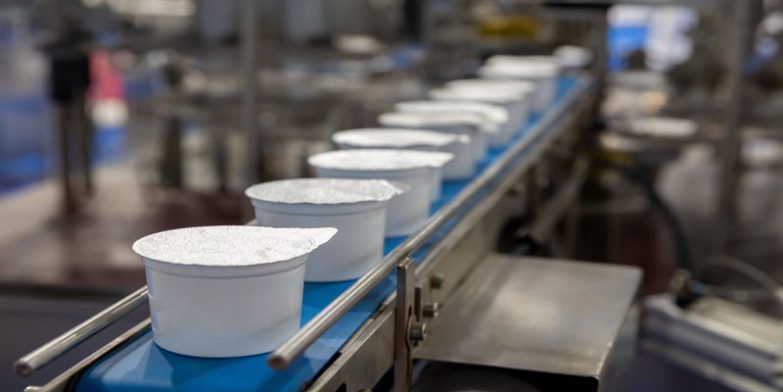
From the 1st April this year, qualifying traders will be expected to pay tax on plastic packaging that they import or manufacture, with harsh penalties for those that fail to declare, or register for the tax.
Announced in the 2020 Budget, the Plastic Packaging Tax (PPT) is an environmental tax designed to provide a financial incentive for businesses to use recycled plastic and will apply to companies that produce or import (either filled or empty) more than 10 tonnes of plastic packaging over a 12-month period. They will be liable for a tax of £200 for every tonne of packaging made from less than 30% recycled plastic, unless they can claim a credit or relief.
Plastic packaging is defined as packaging that is predominately plastic by weight. Products will be subject to PPT if they are designed as single use packaging products for use by a consumer and contain any commodity or waste.
Our customs and compliance team are ready to guide you through these new regulations
The new tax will be applied to every component of packaging that is made from less than 30% recycled plastic, which means that the cost of having virgin plastic packaging in supply chains will increase, encouraging the switch to more planet-friendly packaging.
Because the tax will be calculated per component of plastic packaging, in the case of a glass jar with a plastic lid, the lid is treated as a separate component and in a bottle of moisturiser, the bottle and dispenser are classed as separate components that would need to be recorded separately.
Packaging that contains multiple materials but contains more plastic by weight than any other single substance will be a plastic packaging component for the purposes of the tax. For example, if a 10-gram item of packaging is made up of four grams of plastic, three grams of aluminium and three grams of cardboard, all 10 grams will be considered plastic packaging for the purposes of the tax.
In the UK supply chain, the tax is applied in the first instance to the packaging manufacturer. There is a secondary liability clause, meaning that if the tax has not been paid by the manufacturer, the tax can be passed down to other stakeholders in the supply chain, such as the brand owner or final product manufacturer.
Due diligence may be particularly difficult in relation to imported packaging and businesses will need to keep records of the due diligence checks they have made, which are in addition to the records required for PPT.
Encouraging businesses to source more sustainably and use a higher percentage of recycled materials in their packaging is a positive step for the planet.
Exempt businesses:
- Produce or import less than 10 tonne of plastic packaging in a 12-month period
- Plastic packaging contains 30% or more recycled plastic content
- Packaging is made of multiple materials of which plastic is not the heaviest
NOTE – They are required to register and record data under the new PPT requirements
Exempt plastic packaging products:
- Immediate packaging of licensed human medicines
- Transit packaging used to wrap imported goods, such as pallet wrap
- Packaging for goods in transit, which are not released into the UK
- Packaging for export within a year
- Components for non-packaging or durable applications, such as CD/DVD cases
Any business above the 10 ton threshold will need to keep records for their annual tax return of the packaging they manufacture or import, as plastic packaging is assumed to not meet the recycled content test unless it can be proven otherwise.
Accounting records (kept for six years) should show:
- Total amount in weight and a breakdown by weight of the materials used to manufacture plastic packaging, excluding packaging which is used to transport imported goods.
- Data and calculations used to determine if a packaging component is, for the most part plastic, and how much recycled plastic it contains
- Weight of exempted plastic packaging and the reason for the exemption
OFFICIAL GUIDANCE CAN BE FOUND HERE
To discuss your situation and learn how the Plastic Packaging Tax (PPT) might impact your business, please contact our Logistics & Customs Compliance Manager, Chloe Henshall, who can take you through the implications.





